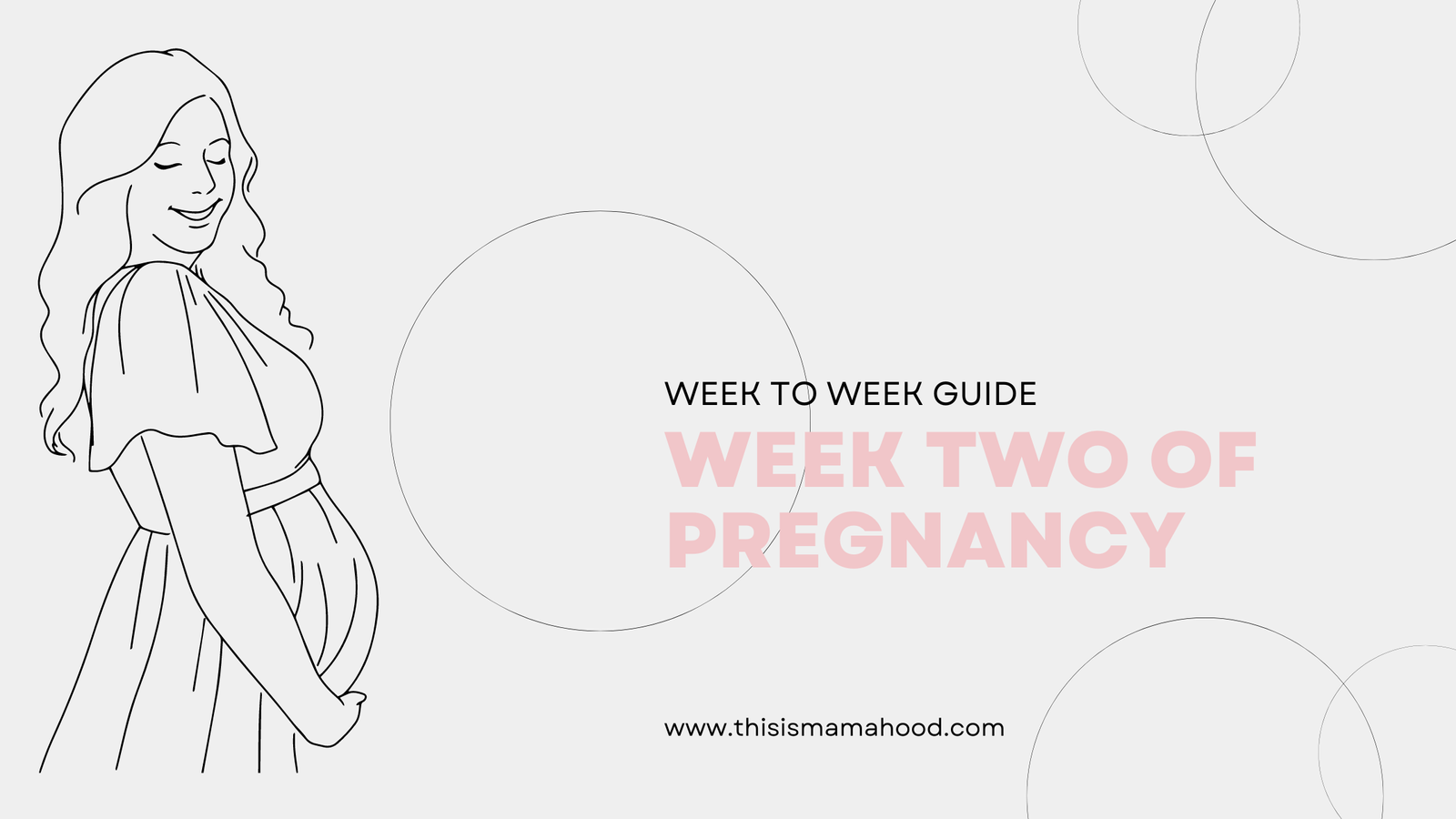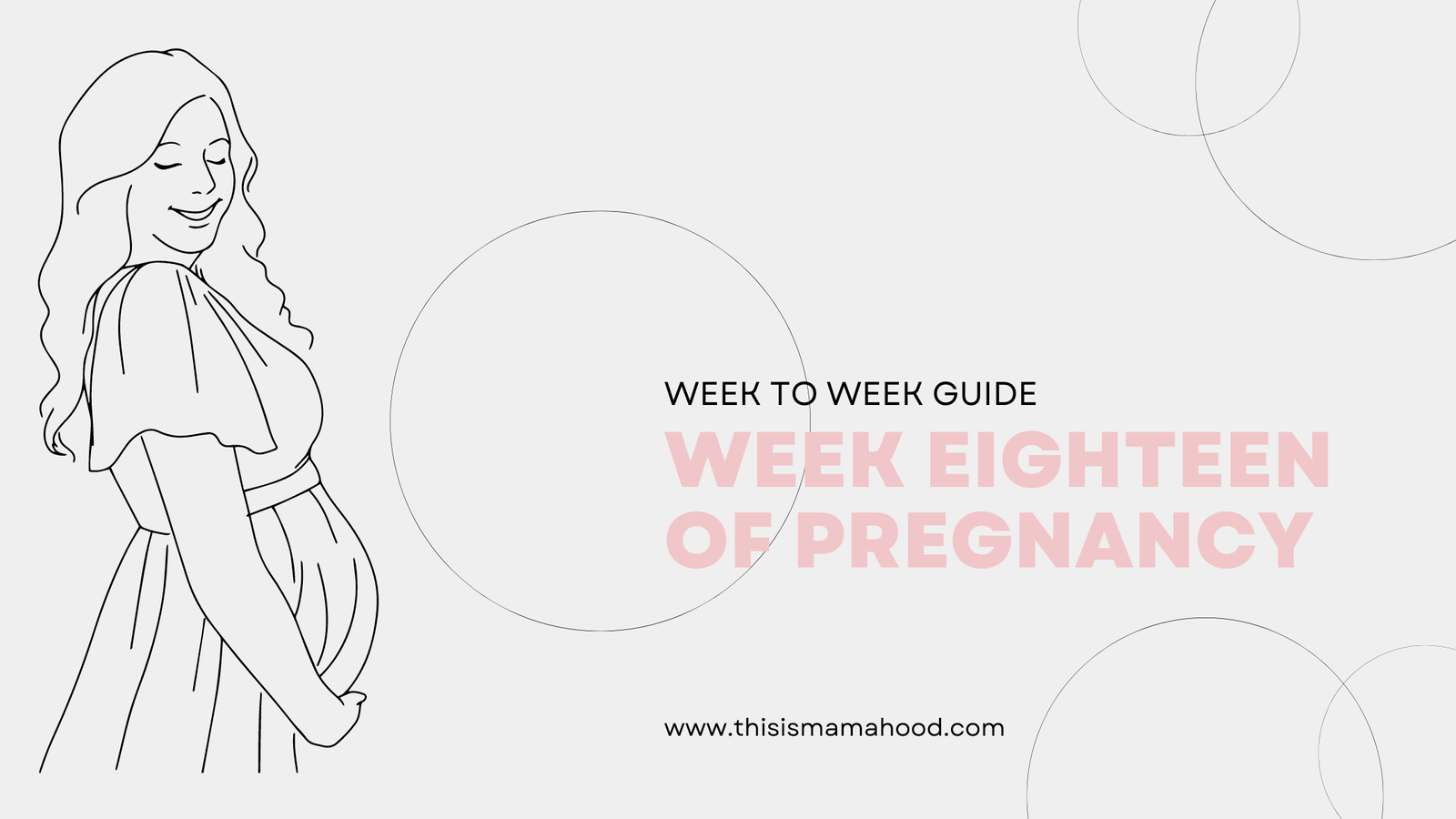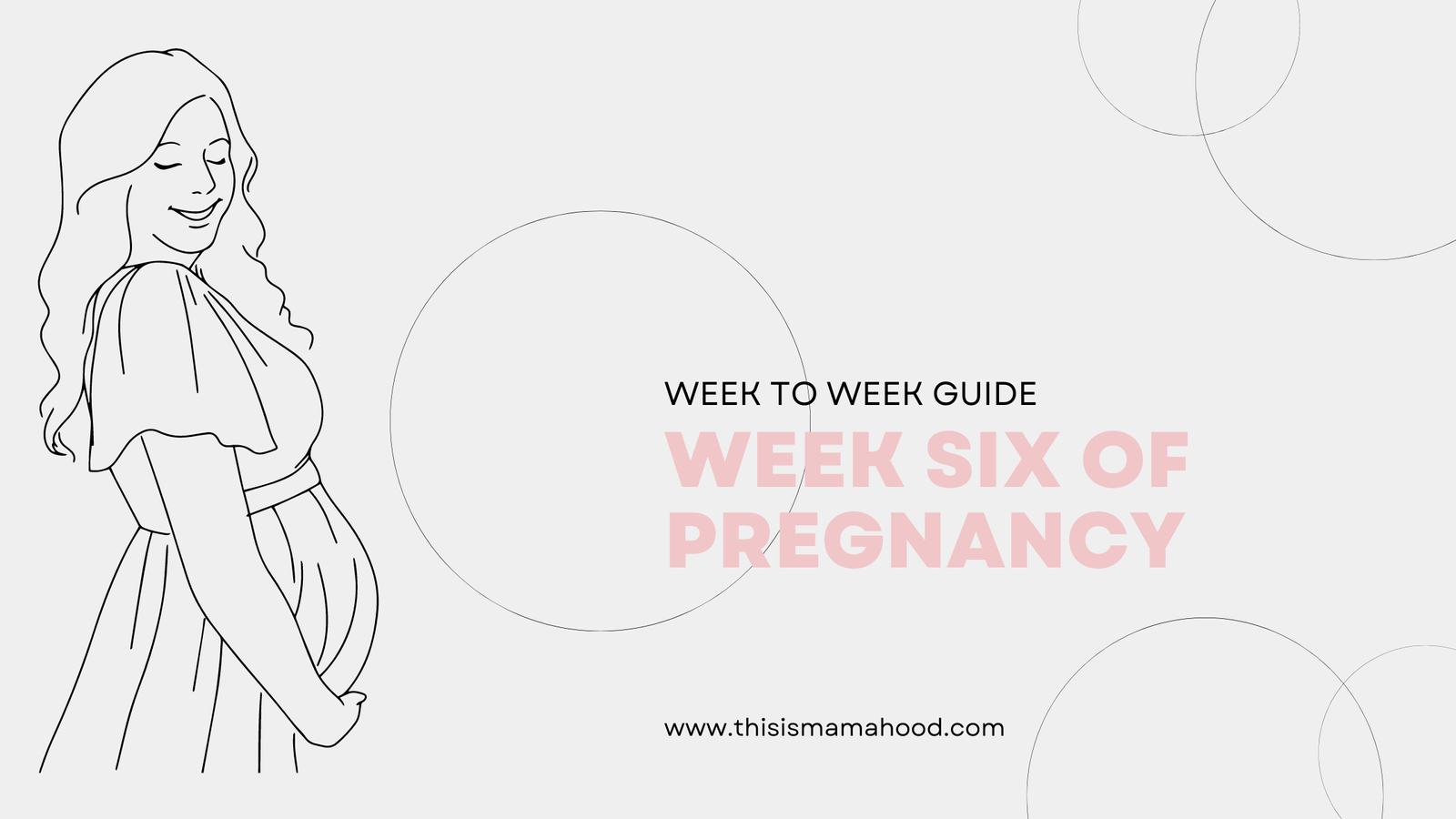Overview of Week 2 of pregnancy
During week 2 of pregnancy:
- Your baby is 0 inches long
- You are in trimester one
- 38 more weeks to go
- You will be ovulating this week
Since doctors calculate the beginning of pregnancy based on your last menstrual cycle, you will be on your second week of pregnancy before you even conceive.
Last week, you were on your period and ridding your uterus of its lining and last month’s unfertilized egg. At the end of this week, if you have a typical 28-day cycle, you are likely to ovulate. This means next week, you may have a developing baby inside of your uterus.
Did you recently get a positive pregnancy test? You are further along than you think. You may want to skip ahead to week four.
How big is baby at 2 weeks pregnant?
Surprise! There actually is no baby when you are two weeks pregnant. In fact, you most likely won’t get pregnant until the end of this week when you ovulate.
Did you recently take a pregnancy test that came up positive? You are further along than you think! In fact, you are probably around 4 weeks pregnant right now.
Baby development during week 2 of pregnancy
Although you are not yet pregnant, doctors count the first day of pregnancy as the first day of your last menstrual cycle.
Last week, you would have been menstruating. This week, there is an egg in your ovary getting ready to burst out and get fertilized. The lining of your uterus is rebuilding and thickening, getting ready to support a new life. By the end of the week, ovulation will occur when your ovary releases a mature egg into the fallopian tube.
A mature egg can survive 12-24 hours after ovulation. While this may not seem like much time to conceive, sperm can last up to 5 days in cervical mucus. So if you have had sex this week, it is possible that there may still be some live sperm swimming around looking for that egg. If you are timing sex, the day of ovulation, or the day before, is the best day for conceiving.
Once the healthiest and strongest sperm reaches the egg, it will penetrate the egg, and fertilization will occur.

Pregnancy Week 2 Symptoms
Since you are not yet pregnant during week 2 of pregnancy, any symptoms you experience this week are due to ovulation.
Cervical mucus changes
Cervical mucus is secreted by the glands surrounding the cervix. Throughout your cycle, the consistency of the cervical mucus changes depending on where you are in your cycle. As ovulation approaches, your mucus will turn from a substance that is difficult for sperm to swim through to a more sperm-friendly substance.
Just before ovulation occurs, your cervical mucus will clear and slippery; it will resemble raw egg whites. It will also be able to be stretched between your fingers.
After ovulation, the amount of mucus will decrease and it will become more cloudy in color. This change in consistency makes it difficult once again for sperm to penetrate.
Increased sex drive
The point of ovulation is to conceive, so it only makes sense that a natural symptom of ovulation is increased sex drive. The increase of hormones leading up to ovulation is what causes a female’s libido to increase.
Mittelschmerz
Some women experience painful ovulation. Mittelschmerz is a german term meaning ‘middle pain’ and is used to describe this pain during ovulation. This pain is generally felt on one side of the abdomen or pelvis and will last anywhere from a few minutes to a few hours.
Increased basal body temperature
Ovulation causes a slight increase in your basal body temperature, which is the temperature of your body when it is fully at rest. Once ovulation occurs, your temperature will increase slightly, about half a degree, and will remain at that temperature for about 3 more days until it decreases again.
Pregnancy week 2 tips
Start a prenatal vitamin
Starting a prenatal vitamin is recommended as soon as you decide to start trying to conceive. Making sure you have sufficient vitamin intake is important in the beginning stages of baby development. Most importantly is folate intake. Adequate folate levels can decrease your growing baby’s chances of developmental defects.
Prepare mentally
You have decided to take the leap and start trying to conceive. This is the time to make sure that you are mentally ready for this life-changing decision. Make sure you are in the right mindset and are realistic about the changes that will incur.
Make healthy life choices
Now that you have decided to start trying to conceive, make sure you are making the right life choices that will lead to a healthy pregnancy and a healthy baby. If you smoke, this is time to quit. That goes for alcohol as well. Start adding a few more fruits and vegetables to your diet and maybe start taking short walks around the block for more exercise.
Remember that these changes are for the benefit of your future child. Keeping this in mind may make the choices to change your lifestyle a little easier and give you some extra motivation.
Buy some ovulation tests
You are likely to ovulate around day 14 of a 28-day cycle. That means, this week is an ideal time to track your ovulation with some tests. A positive ovulation test means that your ovaries will be releasing an egg in the next day or two, which means that is the best time to have sex in order to conceive.
Connect with your partner
When trying to conceive, it is easy to get caught up in the timing of sex. This means that sex can become more of a chore instead of a way to actually connect with your partner, especially if you have been trying for a few months. Try to remember to connect with your partner, both mentally and physically. Do small things to let your partner know you are still connecting with them. Continue to go on dates and bring romance into your relationship.




